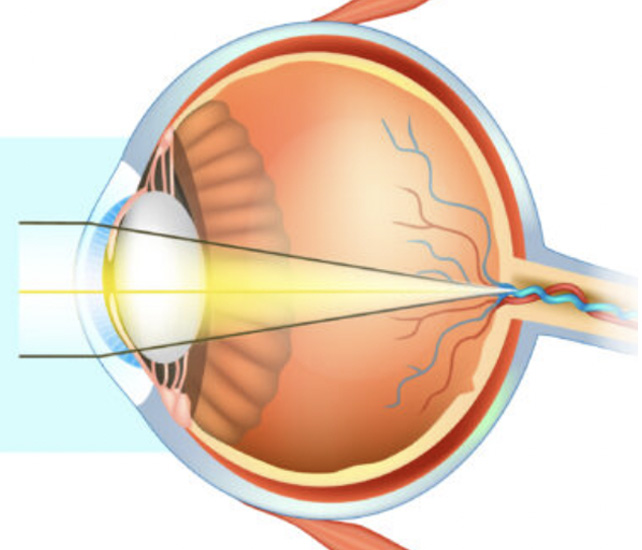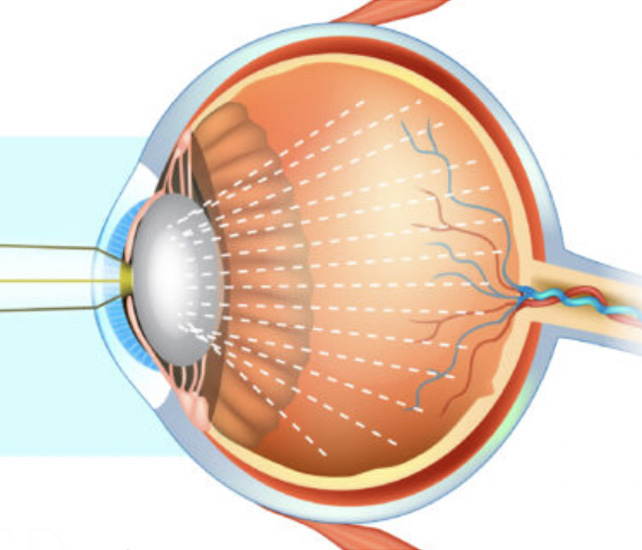Cataracts
What are Cataracts?
Cataracts are the leading cause of preventable blindness worldwide, it occur when the clear lens inside your eye becomes cloudy or misty, typically as you age. This condition develops gradually and doesn’t cause pain. Early-stage cataracts may not affect your vision significantly, but advanced cataracts can impair sight.
Who is Affected by Cataracts?
Cataracts mainly affect people aged 65 and older, but younger individuals can develop them due to eye injuries. Conditions like diabetes, long-term steroid use, and smoking also increase the risk. Additionally, UV exposure may contribute to cataract formation. Rarely, babies are born with cataracts.
Symptoms of Cataracts
- Blurry or cloudy vision
- Increased glare from headlights and streetlights
- Difficulty adjusting from shade to sunlight
- Faded or yellowed colours
- Frequent changes in eyeglass prescription
- Reduced need for glasses in long-sighted individuals
Treating Cataracts
Often, changing your glasses prescription can help manage cataracts. If cataracts significantly impact your daily life, your optometrist may refer you to an ophthalmologist for surgery. This involves replacing the cloudy lens with a clear plastic one. Surgery is usually done one eye at a time.
Cataract Surgery
- Before Surgery:
You’ll have an initial appointment to assess your overall health and discuss risks. Measurements will be taken to choose the correct lens. Avoid wearing contact lenses for a week before this appointment.
- During Surgery:
The procedure takes 15-45 minutes under local anesthesia. The surgeon removes the cloudy lens and inserts a clear plastic one. You’ll be awake but won’t feel anything around your eye. You can go home the same day but need someone to accompany you.
- After Surgery:
You’ll use eye drops for a few weeks. Most vision returns within two days, and normal activities can resume within 24 hours, except for heavy lifting and strenuous exercise. Avoid driving until approved by your doctor. Follow specific guidelines for eye care, such as avoiding make-up, swimming, and soapy water for two weeks. You will need new glasses, which your ophthalmologist will advise on.
Will Cataracts Come Back?
Cataracts don’t return, but sometimes the sac holding the replacement lens becomes cloudy. This can be treated quickly and painlessly with laser surgery. If you notice vision issues after cataract surgery, contact your optometrist for advice.
Professional Advice
Book a MECS exam if you have concerns about blepharitis or other eye health issues. Regular eye exams are essential for maintaining eye health.

Normal Eye

Eye with Cataract

